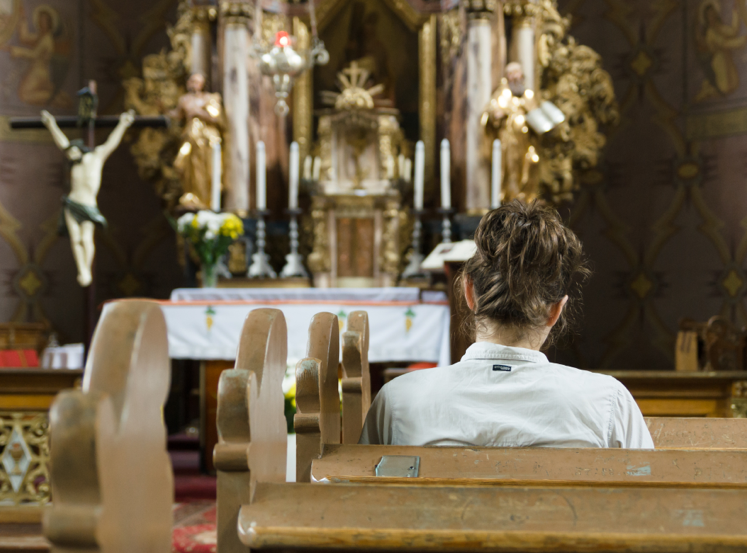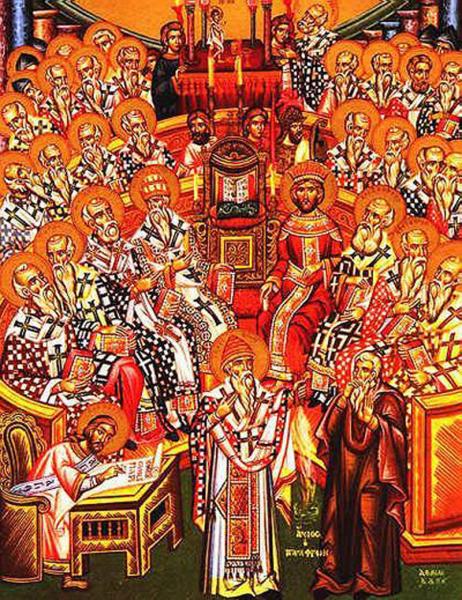The History of Lent

Though if you're participating, you should keep up your 40-day sacrifice, but we're here to remind you of the history of Lent.
Lent is actually the time of preparation and repentance in preparation for Easter. In 325 A.D., the Council of Nicaea convened to establish a 40-day period of fasting. Initially, the fasting was to prepare new converts to Catholicism for their baptisms.
ALSO READ: Easter Treats In L.A.

According to the Bible, when Moses was waiting to receive the Lord's Ten Commandments, he stayed on Mount Sinai for 40 days and 40 nights without any food or water. Additionally, Elijah, another biblical figure, walked for 40 days and 40 nights to reach the same mountain.
And most importantly, before Jesus himself began his public ministry, he fasted and prayed alone in the desert for 40 days and 40 nights.
So in order to prepare for Easter, it makes sense that the number of days chosen to fast was 40. Though in modern times, people usually give up one item for the Lenten season, back in the time it was created, people were expected to fast.
But the fasting varied in different locations. In Jerusalem, people broke the fast on weekends though, and therefore extended the 40 days between eight weeks.
In Rome and the West, people fasted for six weeks, and broke the fast only on Sundays. Some people only abstained from food that included meat and animal products, while others made exceptions for fish dishes. And others abstained from all things that come from flesh, such as meat, milk, cheese and eggs.
These practices were principally solidified in the 600s, but by the 800s, the practices and rules became a bit more lax.
Before, Christians were allowed to eat a small meal at 3 p.m. each day, but in the early 800s that was converted to allowing participants to eat after 3 p.m. each day.
Then in the 15th century, people could eat after noon. After that, a selection of foods, such as fish, were allowed, and then in 1966, the Roman Catholic Church announced that Ash Wednesday and Good Friday were the only days that the fasting should occur on.
Now, Catholics are additionally supposed to refrain from eating meat on Fridays.

Though it was never offially decreed, it has become appropriate over time for Roman Catholics to express repentance during Lent by giving up something enjoyable, or at least making a promise to practice a physical act of repentence, like going to Confession of praying every day.
The point of this is to train to resist temptation when the temptations are not explicitly sinful, so that when sinful opportunities and temptations do arise, your willpower will be strong and you can resist. It is also an ode to Jesus' sacrifice, but giving up something for Lent is not mandatory, just encouraged.
Lent ends on Easter Sunday, April 20. Hopefully you learned something about the reason for the Lenten season.
Reach Staff Writer Samantha Jacobs here. Follow her on Twitter here.



